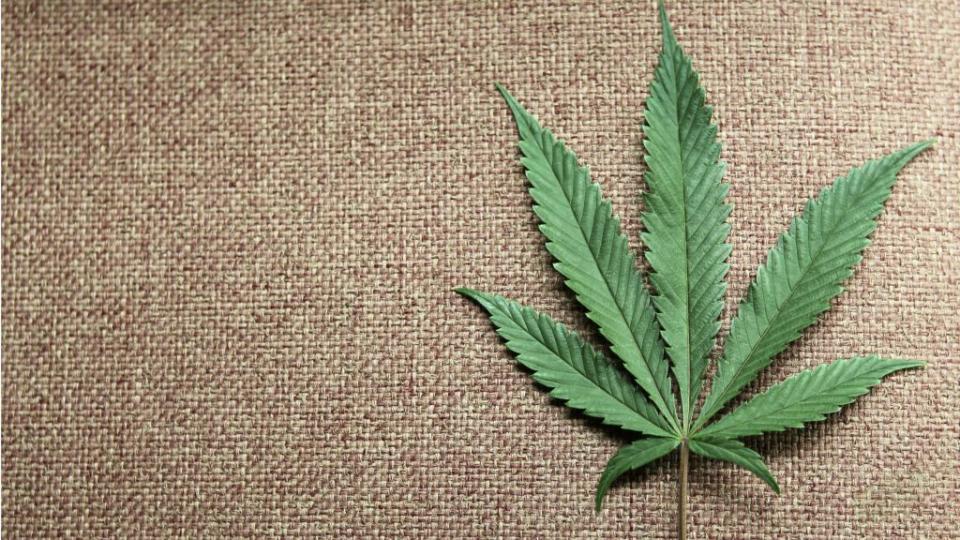A chemical in weed can treat a devastating form of epilepsy

Doctors who treat Dravet syndrome can’t stop their patients’ seizures—but a chemical in weed may help.
Dravet syndrome is a rare, genetic form of epilepsy that affects less than one in 16,000 children. It’s diagnosed when infants who are perfectly healthy start having seizures around their first birthday. From there, doctors can prescribe medications that try to control recurrent seizures that take over the entire body. Even with treatment, though, patients have seizures several times a month for the rest of their lives. Most patients don’t reach adulthood, often as a result of sudden unexpected death in epilepsy; most adults with the condition can’t live independently.
In a clinical trial published May 24 in the New England Journal of Medicine, researchers at New York University Langone Medical Center found that cannabidiol, one of many active compounds found in the marijuana plant, can reduce the number of seizures Dravet syndrome patients. In a double-blind study on children with Dravet aged 2 to 18 in the US and Europe, cannabidiol cut the number of seizures in half in about 40% of patients—and even eliminated them in some cases.
Seizures are an out-of-control surge of activity in the brain. There are many types of seizures; Dravet syndrome frequently causes grand mal seizures, which can induce a total loss of body control. These seizures can last for more than 30 minutes at a time, and damage the brain, and lead to further health complications. Reducing the number of seizures could mean extending the lives of children with Dravet syndrome.
For their work, the researchers identified 120 children and teens across 23 different locations in the US and Europe who have Dravet syndrome. Over a period of 14 weeks, all children were given a shot of either cannabidiol or a placebo in addition to their regular medicine. Neither doctors nor patients knew what they were receiving. At the end of the trial period, the median number of seizures decreased from roughly 12 to six seizures per month in patients who received cannabidiol. In three patients, seizures stopped completely. The control group experienced roughly 14 seizures per month, both before and throughout the study.
Cannabidiol is one of over 100 compounds found in marijuana. Its famous chemical cousin TCH is responsible for the characteristic high of weed. Cannabidiol doesn’t have the same mind-altering effects, although most children in the study receiving the chemical experienced other side effects, like vomiting and fevers. Eight had to drop out of as a result.
Researchers aren’t totally sure how it works to stop seizures just yet. Dravet syndrome causes some types of neurons to take in too much calcium. Normally, calcium helps neurons communicate with each other. Too much of it, though, causes these cells to go into overdrive, which leads to seizures. Orrin Devinsky, a neurologist and lead author of the paper, says that cannabidiol likely binds with these neurons and keeps them at a steady state by preventing them from taking up too much calcium.
Although it looks promising, cannabidiol is difficult to study in the US because marijuana is still classified as a schedule 1 drug (“no currently accepted medical use and a high potential for abuse”). Even chemicals found in the plant, like cannabidiol, are not easily accessible by US researchers. The formation of the drug used in this trial, called Epidiolex, was manufactured by GW Pharmaceuticals, based in the UK. They also funded the trial.

Sign up for the Quartz Daily Brief, our free daily newsletter with the world’s most important and interesting news.
More stories from Quartz:

 Yahoo Finance
Yahoo Finance 